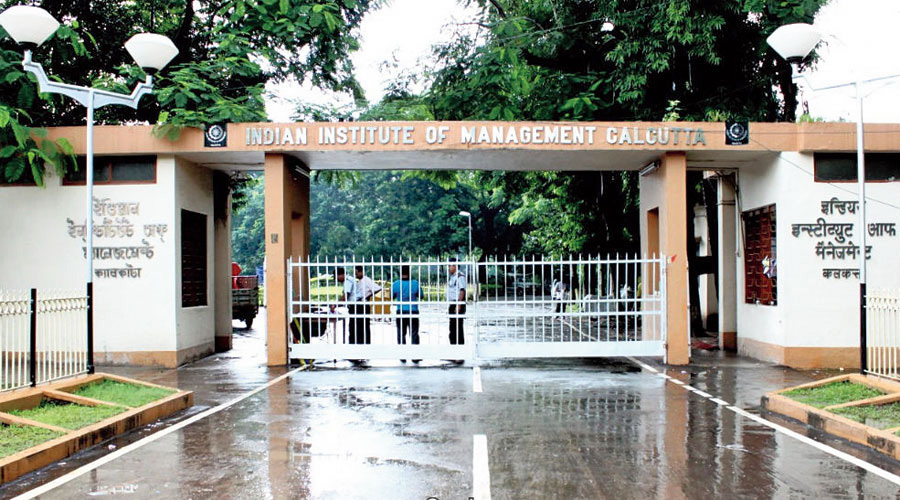The IIMs are facing a crisis in governance. When the IIM Act was passed by Parliament in 2017, it seemed to herald a new era of governance for the IIMs. It devolved considerable autonomy to the IIMs, allowing them to grant degrees, create new programmes, and chart out distinctive paths. The boards of governors of the IIMs were given the power to select their own chairpersons and directors. Mandated reviews of the functioning of the IIMs were to be done not by independent committees but by committees set up by the boards themselves.
The IIMs deserved more autonomy. The older IIMs have been financially independent for more than two decades. Many of them were ranked among the top 100 business schools in the world and were accredited by multiple international accreditation agencies. In some respects, they were de facto autonomous in their functioning. The Act merely recognised this de jure and empowered them further.
Problems, however, began to emerge as soon as the Act was notified in early 2018. While the Act gave the institutes more autonomy, some of the boards acted as if they had been granted unfettered independence. New regulations concentrated powers with the boards, dispensing with many extant mechanisms for stakeholder consultation.
There were two areas where decisions of many of the boards also seemed to go against national law. First, under extant laws and regulations, while HEIs that are created by Acts of Parliament or state legislatures can grant degrees, these must conform to the eligibility requirements set by the UGC or the AICTE. Neither permits one-year post-graduate degree programmes, except in cases where a student has completed four years of education after their school-leaving examinations. Although the education ministry pointed this out in multiple communications to the IIMs, many began to grant degrees for their one-year programmes from 2019, arguing that the Act made them the sole arbiter of criteria for the granting of degrees. Second, all national institutions of higher education are required by law to implement the national reservation policy in faculty recruitment. However, implementation in the IIMs has been patchy at best, with some of the IIMs refusing to implement reservations.
The present situation is not the outcome of actions of the IIM boards alone. A controversy arose over an advisory from the ministry to the boards asking them not to set up search committees for new chairpersons and to temporarily extend the term of existing chairpersons. Many IIMs chose to ignore this since neither the Act nor the rules framed under it seem to have any provisions for extending the term of chairpersons except by involving a search committee.
The government is reportedly considering amendments to the IIM Act to get direct control over the appointment of chairpersons and directors. This will not solve the governance crisis of IIMs. The quality of governance at an institution can never be better than the quality of its governors, and they need to be chosen carefully. Government control of the process would only lead to delays in appointment of chairpersons and directors, a problem that many IITs and Central and state universities face.
IIMs are public institutions of higher learning. Their governance structures need to reflect that. The boards need to work with the government to resolve issues related to degrees for one-year programmes and the implementation of reservations in faculty recruitment. Rather than focusing on asserting their independence from the government and garnering more powers for themselves, they need to focus on raising resources and making long-term investments. Periodic performance reviews by independent bodies are necessary.
The crisis at the IIMs will not be solved by the government taking more control: it will merely hasten the journey towards the next crisis.
Biju Paul Abraham is Professor of Public Policy at IIM Calcutta. Views expressed are personal











